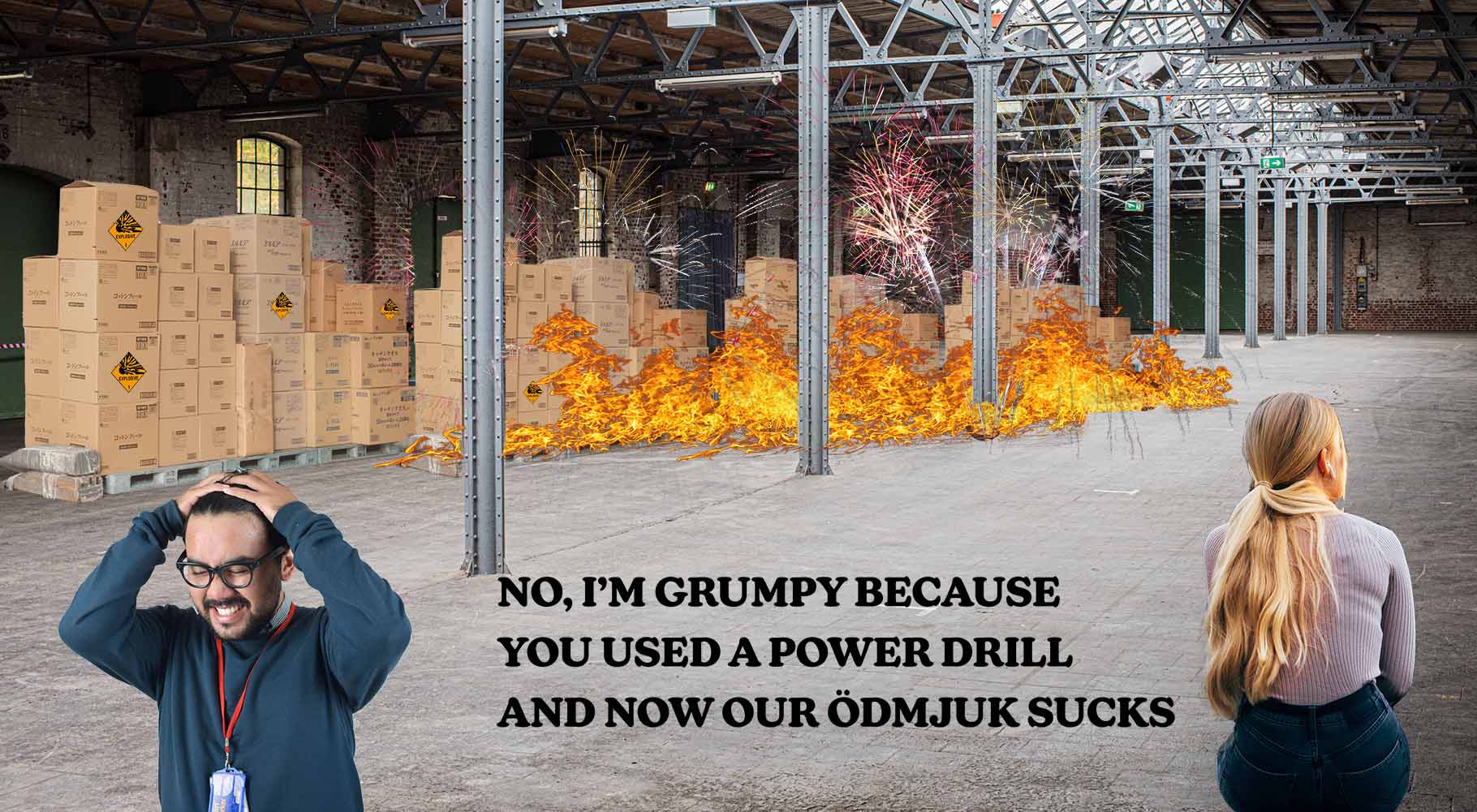3 Concepts for the Beginning Meditator
By definition, meditation is easy. While there’s different kinds, the base instructions are fairly straight-forward. It can be done by anybody, any place, at any time.
So then why is it so damn hard? Or if not hard, perhaps pointless? It seems that many try it, but ultimately turn away for one reason or another. Some find it overwhelming, unexpectedly challenging, or they’re simply unsure if all this nothing does anything at all.
I’m of the opinion that meditation has a communication issue. There are some key base concepts that aren’t often stated clearly during the early days. For me, these concepts became enormously helpful once I became aware of them. Whenever somebody tells me they’re thinking about giving it a try, these are the first 3 things I like to tell them.
1. Your Thoughts are Never Ending
A common complaint I’ve heard from those who’ve tried meditation but have dropped out is that it’s simply too hard and they’re really, really terrible at it. Perhaps you sat down to spot-clean your mind but quickly realized the entire thing is just stacked-up pizza boxes and regret. You’ve become a hoarder without even realizing it, and now that you’ve taken a closer look, it sucks.
At least it did for me. The first time I sat down to clear my mind, I opened my eyes not with enlightenment but with legitimate concern that my brain might be totally broken. Did I have mad cow disease? I knew I had issues focusing, but this was like trying to put together IKEA furniture in a burning firework factory.

This “problem” outlines a fact about meditation that I feel we don’t spend enough time on in the early stages: a busy mind is not a problem at all. If anything, it would be supremely weird if you sat down and didn’t have an overwhelming tide of thoughts to contend with. That’s the default state.
Secondary to that, like many of us, I went into it with an incorrect assumption: the point was never to clear the mind at all. Stopping your thoughts is tantamount to the cartoon character that tries to stop a leaking boat by jamming his finger in the hole, only to have 2 more leaks pop elsewhere.
If your goal is to completely control these randomly occurring thoughts, you’re gonna have a bad time, because…
2. You Don’t Control Them
If there’s one thing meditation is excellent at illuminating, it’s that you’re not driving the thought bus. Like a watchful parent letting their kid hold a steering wheel, your brain is just letting you have a good time. Don’t think for a moment it’s giving you access to the pedals and stuff.
Wanna see? Take 60 seconds and clear your head as best you can. No thoughts allowed. I won’t even screw with you, I’ll just tell you how it’ll unfold: odds are within 20 seconds, not only will you be transfixed by some wandering mess of a thought, but you’ll interact with it for a while before fully noticing that it’s arrived at all.

This one takes some time to fully accept (or at least it did for me). Had you challenged me early on, I would have had some reservations. Surely I come up with some of my thoughts. Perhaps not all, but some. Then you sit down and watch it happen. Watch 10 thoughts kick in the door to your mind. Then 100. Then 1000. At some point you’ll come to marvel at the chaos of it all. You’ll come to recognize that you’re not coming up with the thoughts so much as you’re responding to them so quickly, it feels as though you did.
Your thoughts are an internal happening, and they don’t need your input. Just as you didn’t sit down this morning and formulate a plan to create blood cells, stomach acid, or saliva, you also didn’t manufacture thoughts. You have approximately 50,000 thoughts in any given day, so how in the ever-loving hell would that happen intentionally? Something tells me if you can’t crush a to-do list larger than 10 items, the list of 50,000 might be a steep climb.
Don’t get me wrong. I wish this wasn’t so. What a wonderful world it would be if we could simply manufacture these thoughts! We could merely choose to think we’re worthy of beautiful things. We could choose to not think about that foolish thing we said in grade 9. We could decide that the scary thing that happened 10 years ago wasn’t all that bad. The fact is we don’t decide these thoughts, and the proof arrives every moment.
3. Your Behave Based on These Thoughts
This one was much less of a problem before we found out about #2. It’s hardly shocking to realize behaviours grow from thoughts. It gets a bit dicey however once we establish that the thoughts are arriving at our doorstep without a formal invite.
Does this mean we aren’t controlling our behaviours either? Not exactly–although a discussion on that can be had (just not today). What’s key here is a core tenant of meditation that you hear often but ironically don’t immediately notice: noticing. Where we can turn this cycle on its ass is by recognizing what’s going on in our minds, and paying careful attention to it.
What do we do with all this?
When we observe how the three parts above play out in real time, we attain a power over it. There is a faint line between a thought arriving and our reaction to it. Most of us go through life so automatically that we miss it, but it’s there. There’s a choice to be made, if we’d only slow down and look for the line before jumping to the next conclusion. Have you ever acted on a thought without considering a different perspective and made a damn fool of yourself?
Perhaps you took somebody’s comment as a direct attack on your character, chastised yourself for being terrible at something you’d never technically done before, or got mad at your boss for not noticing your hard work. How many times have you aired such a grievance only to find out that you’d misinterpreted something critical along the way? Perhaps with a moment of reflection, you could have tapped the brake a little before diving right in and declaring an emergency.
Summary
It can be unsettling to realize that we may not be the architects of our own thoughts, but it can also be blissfully freeing. To look at the madness in your head as surges of energy rather than you being a broken person offers a foothold. These can be the first steps to adjusting our reactions, reframing our challenges, and perhaps even finding compassion for ourselves.




